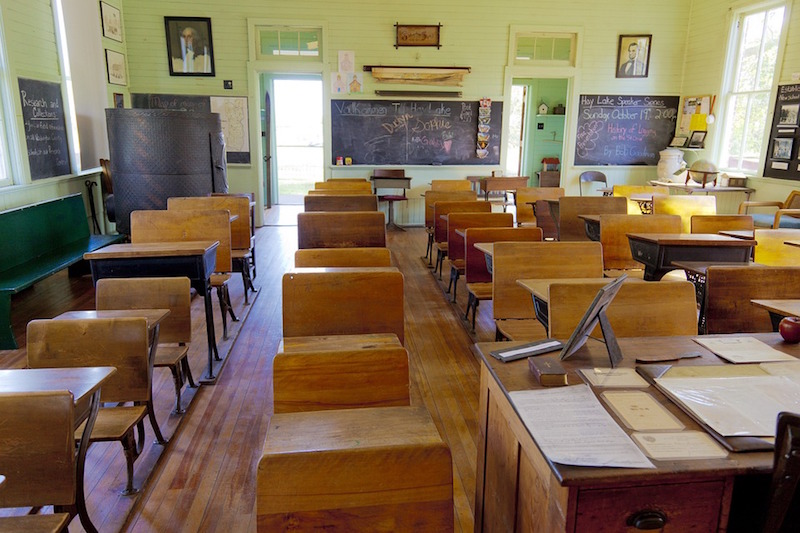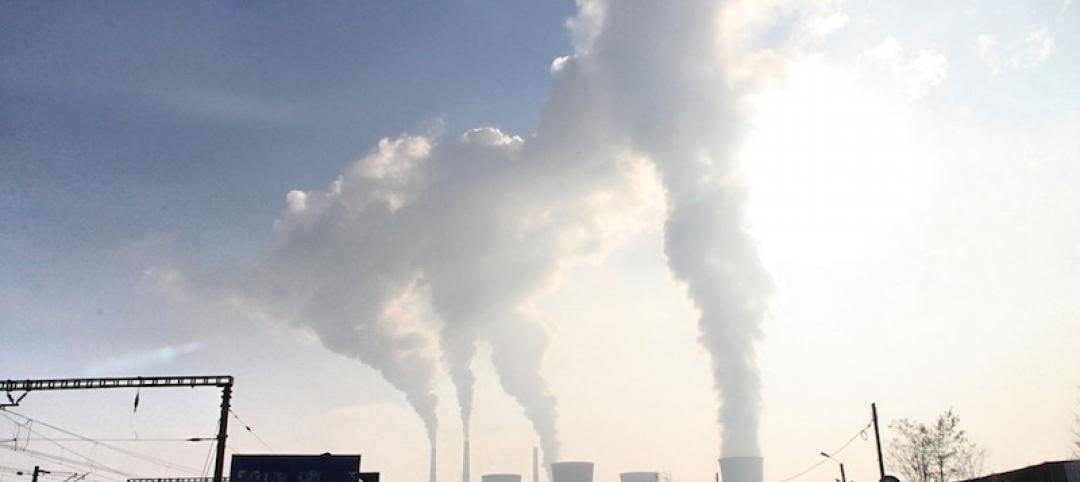The U.S. Department of Energy recently launched the zero energy schools accelerator, an effort to develop cost-competitive zero energy school design.
Six school districts, two states, and several national organizations are working collaboratively on the effort. DOE defines a zero energy building as “an energy-efficient building, where on a source energy basis, the actual delivered energy is less than or equal to the onsite renewable exported energy.”
The program’s goal is to quickly make Zero Energy K-12 schools more mainstream. Participating school districts commit to developing their own zero energy plans for a district project within a year. They can also engage with fellow states and school districts, and gain support from regional and national organizations.
Officials kicked off the program at a school in Arlington, Va., that features advanced next generation energy efficiency and renewable power features, including solar rooftop and geothermal heating and cooling systems. Zero Energy schools have the potential to save 65%-to-80% in energy consumption, depending on climate the zone, DoE says.
Related Stories
Codes and Standards | Mar 22, 2019
Tool helps cities develop framework for life-cycle energy policies and track progress
Identifies policies, funding sources to address building energy use.
Codes and Standards | Mar 21, 2019
New York City contractors adding 5% to 10% to construction costs due to trade war
Tariffs on steel, aluminum, and other materials swell budgets.
Codes and Standards | Mar 20, 2019
Codes organizations to develop new guidelines on shipping containers as building components
Intl. Code Council and Modular Building Institute combine forces.
Codes and Standards | Mar 19, 2019
Plan for transformation of Lower Manhattan streetscapes unveiled
Pedestrian-friendly “Slow Streets” pilot starts on Earth Day 2019.
Codes and Standards | Mar 15, 2019
Newly developed building materials could have big impact on sustainability
Transparent wood, self-cooling walls, bricks that filter air pollutants among the technological breakthroughs.
Codes and Standards | Mar 14, 2019
U.S. and Canada differ on how to evaluate field performance of windows, curtain walls
Variations include laboratory test method for determining rate of air leakage.
Codes and Standards | Mar 13, 2019
Climate change can’t be stabilized without addressing urban sprawl
Even if power goes green, transportation will still be a major emissions source.
Codes and Standards | Mar 12, 2019
Virginia county hones new rainwater harvesting standard
Developer prompts new rules to use rainwater for heating and air conditioning.
Codes and Standards | Mar 8, 2019
Portland delays requirement for posted warnings on unreinforced brick and stone buildings
Regulation would mandate signs warning that buildings could be unsafe during earthquakes.
Codes and Standards | Mar 7, 2019
California will allow flame retardant-free building insulation
State also repeals business furniture flammability standard.

















